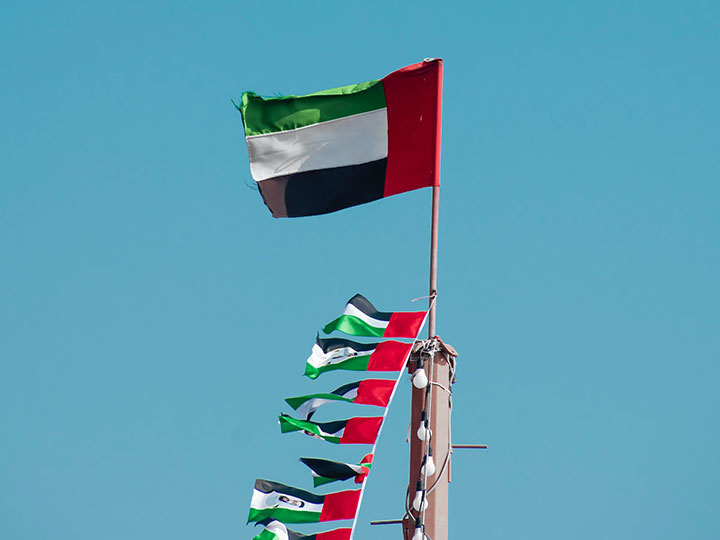If you’ve ever wondered what happens when someone becomes involved in a legal proceeding in a foreign country, particularly when it comes to extradition between Italy and the United Arab Emirates, it’s essential to have a clear understanding of the nuances of this situation. In this article, we will explore the extradition treaty between Italy and the United Arab Emirates, ratified by the Italian Council of Ministers starting from February 22, 2018. The treaty aims to strengthen international judicial cooperation in criminal matters between these two states. It specifically outlines the circumstances under which extradition can be requested and how to handle this legal process.
The Objective of the Italy-United Arab Emirates Extradition Treaty
The extradition treaty between Italy and the United Arab Emirates was designed to create a solid foundation for collaboration between Italian judicial authorities and those of the United Arab Emirates in the field of international crime prevention. This agreement clearly defines the rules of extradition between the two states, including the surrender of individuals involved in criminal proceedings in one of the two countries, who may be subject to precautionary measures or final convictions.
When Does the Extradition Process Commence?
Before delving into the extradition process, it’s important to note that it generally begins with the international search for the person through an Interpol “red notice.” This means that law enforcement agencies in various member countries of Interpol are alerted to look for the person on their territory and arrest them so that the extradition process can begin.
Once a person is arrested, the extradition process commences, during which the judicial authorities of the involved country decide whether to grant or reject the extradition request.
If you are facing an extradition proceeding or believe you are the subject of an Interpol “red notice,” it’s essential to understand the details of this process and seek legal assistance from a lawyer specialized in Italy-United Arab Emirates extradition. We will continue to examine what the extradition treaty contains and how to handle different situations.
States Involved in the Italy-United Arab Emirates Extradition Treaty
The extradition treaty applies to international judicial cooperation between Italy and the United Arab Emirates. This agreement extends not only to Italy but also to all seven United Arab Emirates: Abu Dhabi, Ajman, Dubai, Fijaira, Ras al-Khaima, Sharja, and Umm Al-Qaywain.
When Does the Italy-United Arab Emirates Extradition Treaty Apply?
The Italy-United Arab Emirates extradition treaty comes into play when a person commits a crime in one of the two countries and is arrested in the other due to an international arrest warrant. For example, if you commit a crime in the United Arab Emirates and are arrested in Italy for this reason, the extradition process in Italy is initiated, during which the country must decide whether to extradite you to the United Arab Emirates. The same applies if you commit a crime in Italy and are in the United Arab Emirates, triggering an extradition process managed by the United Arab Emirates.
In any case, it is important to seek timely legal assistance to successfully navigate the extradition process and protect your rights.
We will continue to explore what the extradition treaty entails, including the limits of penalties, cases where extradition must be denied, and those where the choice to deny extradition is optional. Finally, we will discuss the importance of relying on a lawyer specialized in Italy-United Arab Emirates extradition in similar situations.


